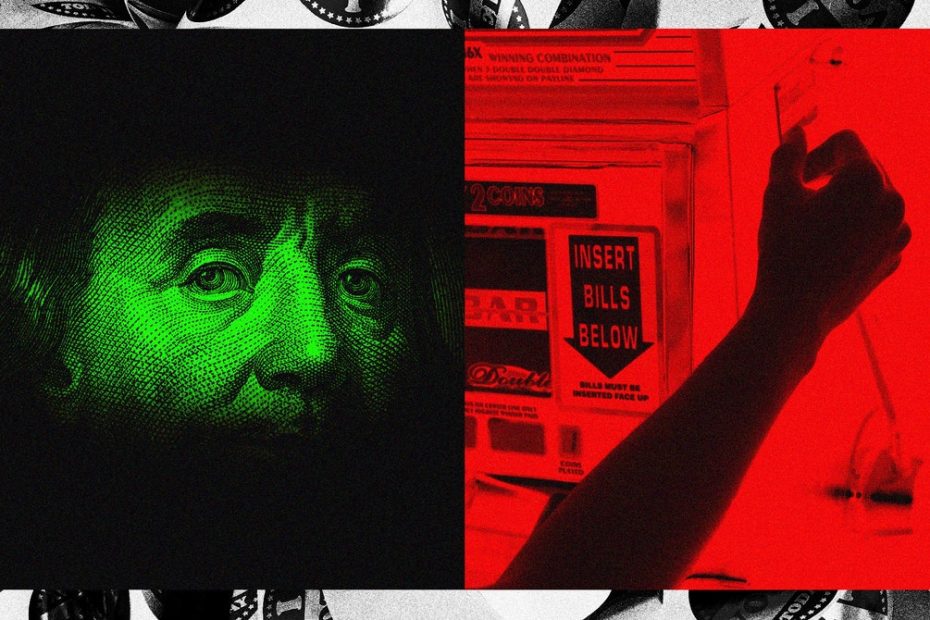The messages, which may mislead American citizens or incite hatred towards various groups, will have been seen by many times more people than actually made a purchase.
Those running the network of Facebook pages in Nigeria may simply believe that US-targeted clickbait is the best way to increase the number of people who see their scams. In contrast, the e-commerce activities identified by TBIJ give every impression of being proudly American.
Still, analysis of their listed physical addresses and online presence suggests the companies are at least partially run from Vietnam, the Philippines, Pakistan, India and Croatia (with Facebook page administrators in those countries). None of the e-commerce sites identified by TBIJ provided a US address that could be linked to their business.
United Patriot, which says its “patriotic collection of great apparel items…all printed locally here in America,” claims on its Facebook page and website that it is located at an address in Gardena, California. However, TBIJ could find no evidence that this company was registered at the address. The only other commercial activity found at the address was a warehouse that provided wholesale shipment services for people based abroad, as well as two online stores accused in Google reviews of being scams.
The Better Business Bureau, a nonprofit organization focused on “market confidence,” told United Patriots in November 2022 that it needed to change or substantiate claims on its website about items “printed in the USA.”
Another such site, Red First LLC, says it is based in Carrollton, Texas, at the same address as a fraudulent merchant claiming to resell Ralph Lauren clothing. This does not necessarily mean the companies are owned by the same person, but suggests the address may have been used by scammers.
Also, all these operations are not strictly aimed at pushing right-wing messages. Red First LLC (which spreads significantly less hate and misinformation than the other three companies) has created at least 5,000 ads over the past two years. While it primarily promotes right-wing merchandise and content, such as T-shirts with misogynistic slurs against Harris and signs pointing out that the 2020 election was stolen, it has also posted pro-Harris content in a small number of cases. The commercial imperative behind the operation means it is not averse to supporting the other side.
Meta under the microscope
As attempts to influence public opinion and elections have increased on social media, companies like Facebook owner Meta have come under scrutiny for the role they play in hosting bad actors trying to polarize public opinion on their platforms.
In 2021, Frances Haugen, a former Facebook employee, blew the whistle on the company's role in spreading misinformation and the rise of racial hatred. Numerous studies have also shown that the algorithms of social media platforms, including Facebook's, create greater engagement opportunities for far-right, conspiratorial and hateful content.
“The US election is already a charged and divisive political event. If the goal of these scammers is to lure people in, then it is critical to directly appeal to emotions to sidestep media criticism,” said Joe Ondrak, senior research and technology leader at Anti-Disinformation Startup Logical.
“There are likely a large number of potential victims and easily exploitable stories from which to choose. The way algorithms reward engagement means that misinformation, conspiracy theories and hate speech are easy ways to find a broad audience.”

